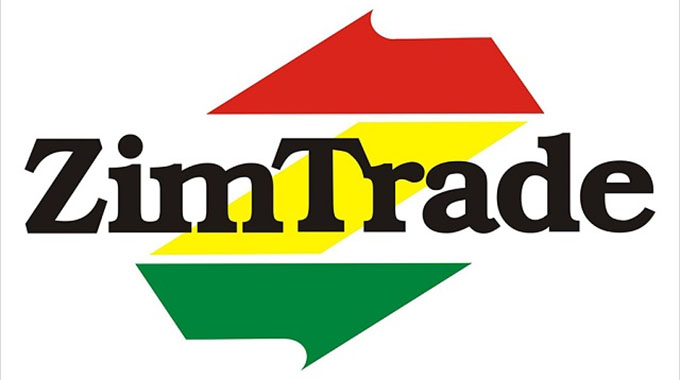ZimTrade partners with smallholder farmers in Vumba to boost coffee exports

Monalisa Chikwengo
ZimTrade has partnered with more than 250 smallholder farmers in the Vumba region to boost coffee exports and foreign currency earnings.
With new markets unlocking in Switzerland, the Middle East and the European Union (EU) for Zimbabwean premium grown coffee, ZimTrade has empowered smallholder farmers in creating and developing export based provincial clusters.
According to ZimTrade, this export development programme’s mission is to enhance the capacity of exporters by elevating their quality levels and technical know-how in the production of coffee and assist them in obtaining export markets for their product.
“In line with Government’s devolution drive, we commenced a provincial clusters exercise to map out the products with export potential in each province in Zimbabwe,” said ZimTrade.
Vumba has predominantly been the hub of coffee estates, mainly because of the rich soils and climate.
“To ensure the success of the initiative, we have made strategic partnerships including Zimbabwe Coffee Mills who is the main consolidator for coffee in the Vumba area,” said ZimTrade.
The latest statistics for the value of coffee imports in the world is US$47 billion and Zimbabwe has the potential to tap into this demand.
“Through these partnerships we have managed to identify smallholder farmers with potential to grow the variety of Arabica coffees and we aim to unlock more markets for Zimbabwean coffee that already has a good reputation in the world,” continued ZimTrade.
Additional long-lasting partnerships with organisations such as PUM of the Netherlands and (Senior Experten Service) SES of Germany, will assist in getting knowledgeable experts to offer capacity training to farmers and ensure a quality product for the export markets.
Switzerland has been the main market for Zimbabwe-grown coffee, but new markets are emerging in Belarus and other markets.
The EU is a strategic market for Zimbabwean grown coffee, mainly because the product itself is favoured in these markets.










Comments